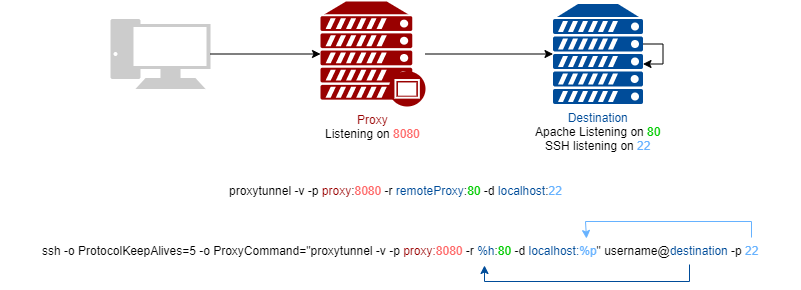Articles
Kubernetes and Docker equivalence

Kubernetes is a container orchestration system. As such, it features functions that are similar to that of Docker. If a container can be run with the Docker CLI, it can also be run equivalently using Kubernetes. This articles highlights such equivalence by presenting how to deploy a PostgreSQL instance using both technologies.
Quasar and i18n-ally

This article Quasar integrates i18n fairly well but its suggested usage does not suit the i18n-ally VS code extension very well. This article presents how to adapt the quasar proposed i18n usage so that i18n-ally can be used properly.has no summary
Managing disks in Linux
This article explains how to create partitions and file systems on disks in Linux
Mongoose query documents with matching array element
As a NoSQL database, MongoDB can store arrays as fields of a document. This article presents how to query such documents by filtering those with arrays that contain a specific value.
Mosquitto
Mosquitto is an open source message broker that implements the MQTT protocol. It is lightweight and is suitable for use on all devices from low power single board computers to full servers.
K8s NGINX Deployment for Ingress test
An NGINX container can be quite useful to test whether one's Kubernetes setup is working. Here is one example manifest file that deploys such container with an appropriate service and ingress.
Securing an ingress with basic auth
This article describes how to use basic auth to protect an ingress in Kuberentes. It it <a href="https://kubernetes.github.io/ingress-nginx/examples/auth/basic/" rel="noopener noreferrer nofollow">based on this page</a>.
Dissecting a Kubernetes manifest

Kubernetes manifests can seem quite daunting at first, but it is important to understand that their apparent complexity is simply a result of the large number of customization options. In the end, manifests are used to deploy resources that interact with each other, which, among others, lead to the correct operations of containerized applications. Consequently, resources specified in a manifest must be configured accordingly. This article aims at explaining how manifests are structured to do so.
SSH through an SSH blocking proxy

Most corporate networks have their outbound traffic go through a proxy server to prevent unauthorized access to external resources. It can happen that such proxy only allows HTTP and HTTPS traffic. As such, one cannot connect to an external host via SSH. One way to solve this problem is to use <a href="https://github.com/proxytunnel/proxytunnel" rel="noopener noreferrer nofollow">Proxytunnel</a>. This article follows <a href="https://egret.psychol.cam.ac.uk/techniques/firewall.html" rel="noopener noreferrer nofollow">this guide</a>.
HTML basics
HTML stands for HyperText Markup Language. It is used to describe the content of a webpage to web browsers. Originally, web browsers were designed to display text documents and so HTML was used to define the various parts making up those documents.